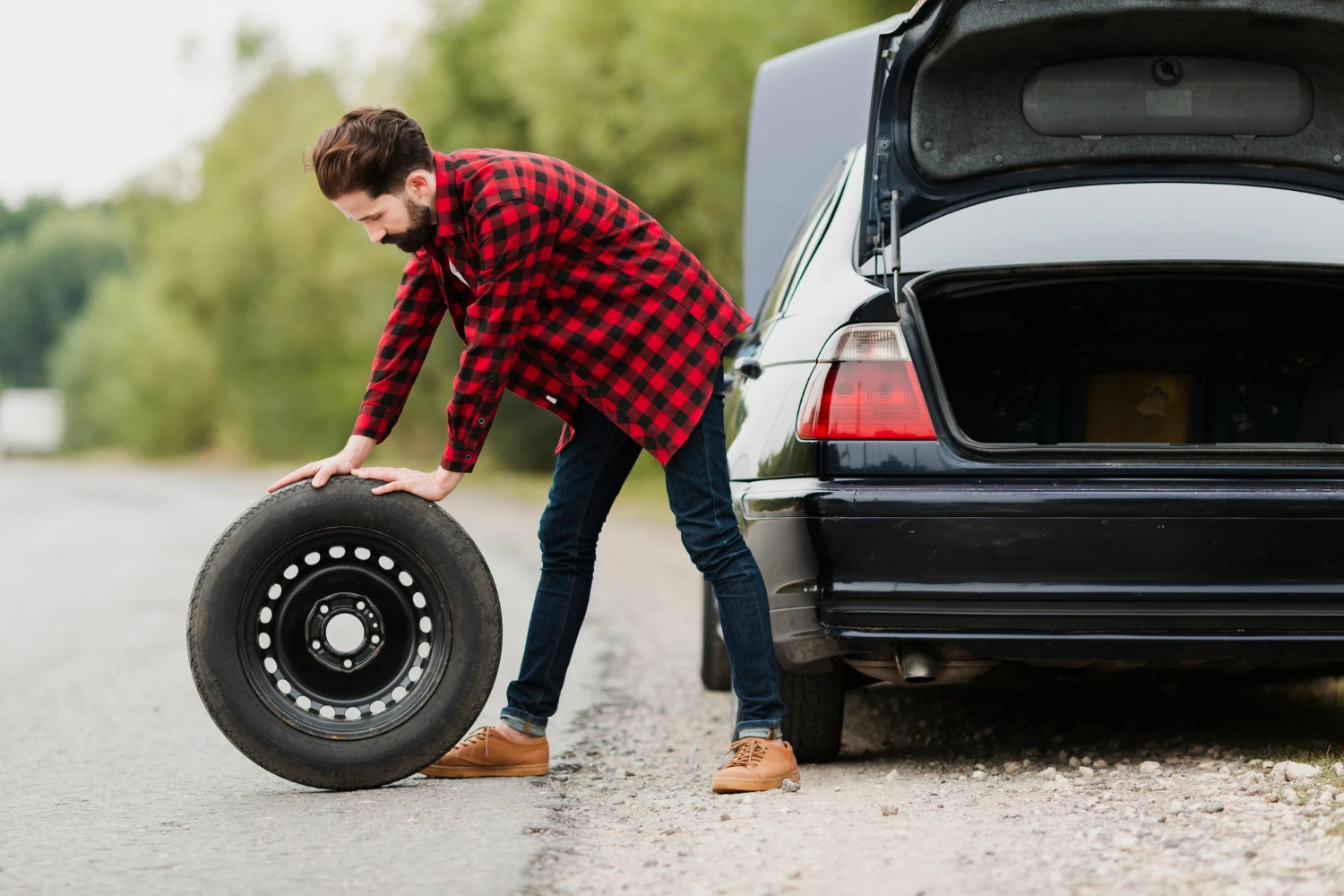
How can a single wheel can cause so much devastation?
An accident caused by a loose wheel is often overlooked. However, they can happen unexpectedly and affect multiple road users.
It goes without saying that without four wheels on the road, it’s difficult to maintain control of your vehicle. Once a wheel detaches, the vehicle can careen out of control. This can result in:
- Sideswipes
- Rear-end accidents
- Head-on collisions
- Rollover accidents
- T-bone accidents
- Pedestrian and bicycle accidents
- Single-vehicle accidents
When a wheel runoff happens on a high-speed roadway, the wheel itself can also be projected into traffic. It might crash through someone’s windshield, resulting in injuries to a driver and/or passenger. It may obstruct traffic, causing drivers to swerve or stop abruptly. Or a vehicle could hit the loose wheel and roll over or spin out of control.
It all comes down to wheel mounting failures
The majority of wheel runoffs are caused by poor installation, which is usually attributed to over- or under-torquing the lug nuts.
According to Crash Forensics, wheel bolts have enough flexibility to stretch and revert back to their original shape when lug nuts are fastened. However, when lug nuts are over-torqued, the bolts get stretched too far. This not only affects a bolt’s ability to maintain Clamp Load, but also can cause the wheel to fail over time.
Typically, lug nut torque should only be around 100 foot-pounds. However, when working with impact wrenches – often used by mechanics – the torque can easily amount to 300 to 500 foot-pounds if not used carefully.
Under-torquing is often a cause of wheel runoffs as well. The movement of a vehicle’s wheels and vibration from the road can eventually cause the lug nuts to loosen and fall off.
Who is liable?
Wheel runoff accidents are very complex, as determining who is responsible may require an in-depth investigation. An experienced Seattle car accident attorney will first look into the driver of the vehicle. Perhaps he or she was operating a vehicle that failed inspection.
If it turns out the vehicle’s driver wasn’t negligent, perhaps the mechanic who recently worked on the vehicle caused the defect. The vehicle parts manufacturer may also be the culprit if any wheel components were defective.
No matter how complex your crash may be, the legal team at Aaron Engle Law will work tirelessly to find out what caused your wheel runoff accident. Contact us today to schedule your free consultation.
